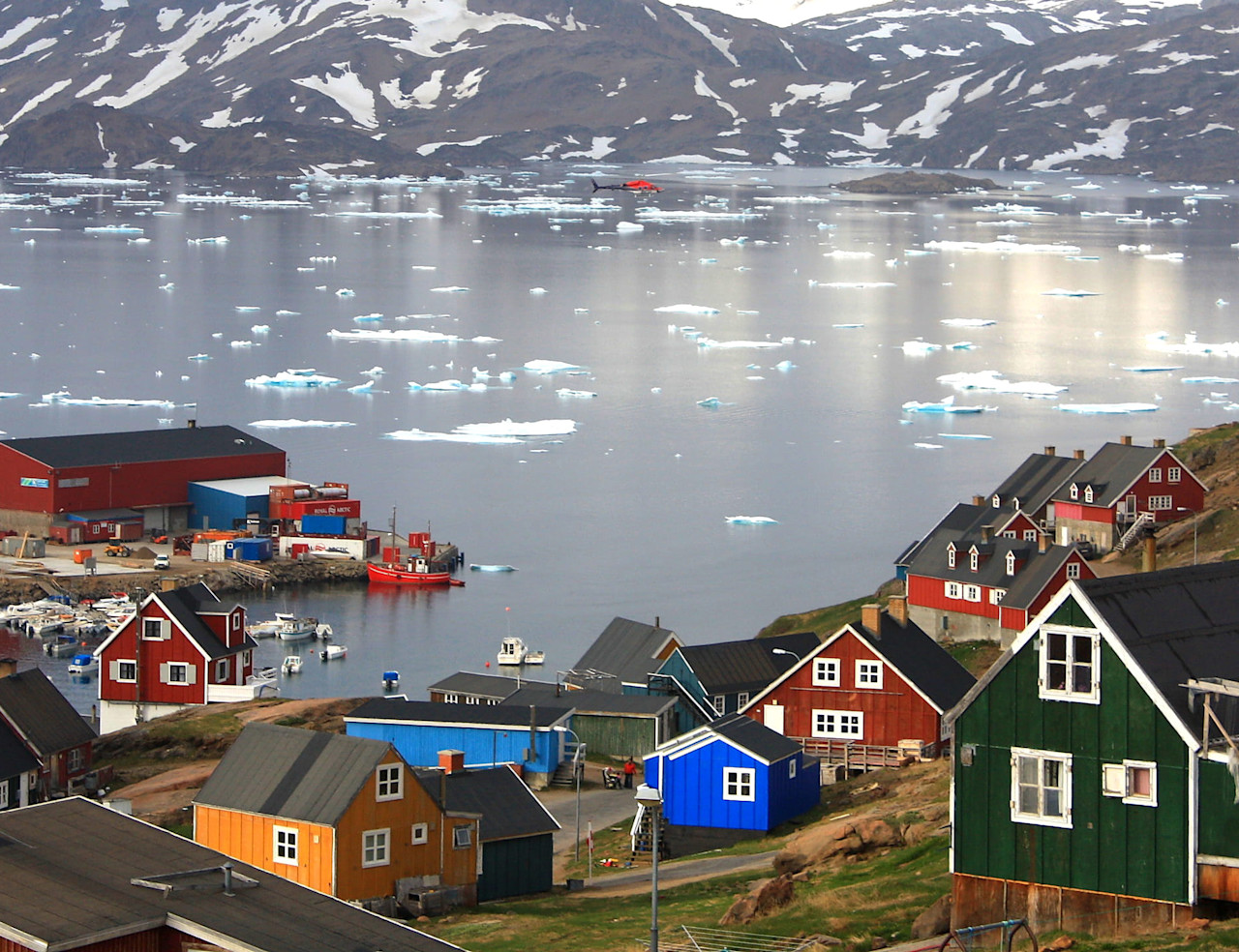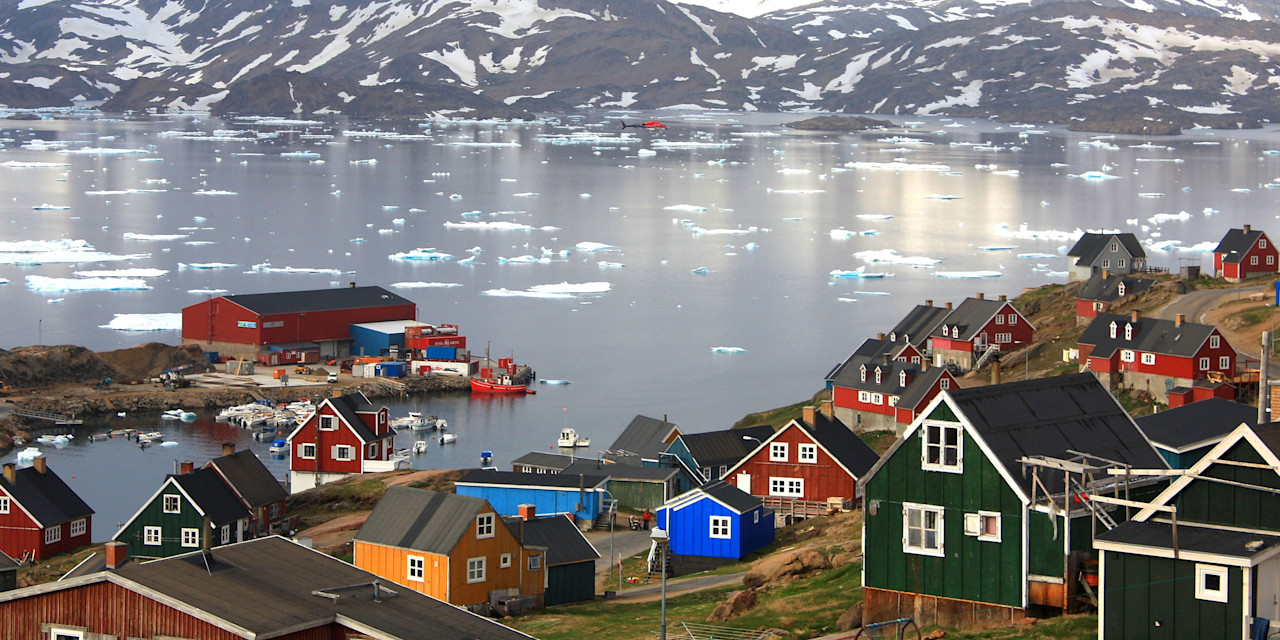Biodiversity is the sum of life on Earth in all its forms, from simple genetic structures, plants and trees, to animals, sea creatures and humans. The interactions between these different biological elements have ensured that the planet has been habitable for millions of years.
However, biodiversity is now declining faster than it has at any other time in human history: the current rate of extinction is tens to hundreds of times higher than the average over the past 10 million years. For this reason, scientists warn that we are in the middle of the ‘sixth mass extinction’, following the fifth one which wiped out the dinosaurs 65 million years ago.
The extent to which human activity is damaging the Earth can be seen in the fact that the weight of all man-made objects now exceeds the mass of all living things. The combined mass of anything built by humans, from buildings and bridges to mechanical objects and roads reached 100 billion tons (one teraton) in 2020. The tipping point was reached because the amount of things manufactured or built has steadily risen, while the quantity of living things has fallen due to deforestation and the extinction of species from habitat loss.
The importance of protecting diversity can be seen in research which shows that two of the nine planetary boundaries which ultimately allow life on Earth have been breached. These are the boundary for biosphere integrity measured by the extinction rate (extinctions per million species/years (E/MSY) and the boundary for biogeochemical flows, which dictates the ability of living things to reproduce. Left unchecked, life on Earth would theoretically die out.

Source: Stockholm University
To try to counteract this threat, Robeco started an engagement theme on biodiversity in 2020, led by the impact of deforestation. This in turn is linked to five high-risk crop commodities – cocoa, natural rubber, soy, beef, and tropical timber. The engagement centers around five issues: promoting better environmental management; fauna and flora restoration and conservation; adopting circular economy principles within companies’ production lines; disclosures of product certifications and traceability; and the social aspect of the production of these commodities.
Further, Robeco signed the Finance for Biodiversity Pledge during the Nature for Life Hub at the 75th UN General Assembly. By signing the pledge, institutions commit to collaborating and sharing knowledge, engaging with companies, assessing impact, setting targets and reporting publicly on progress.




















